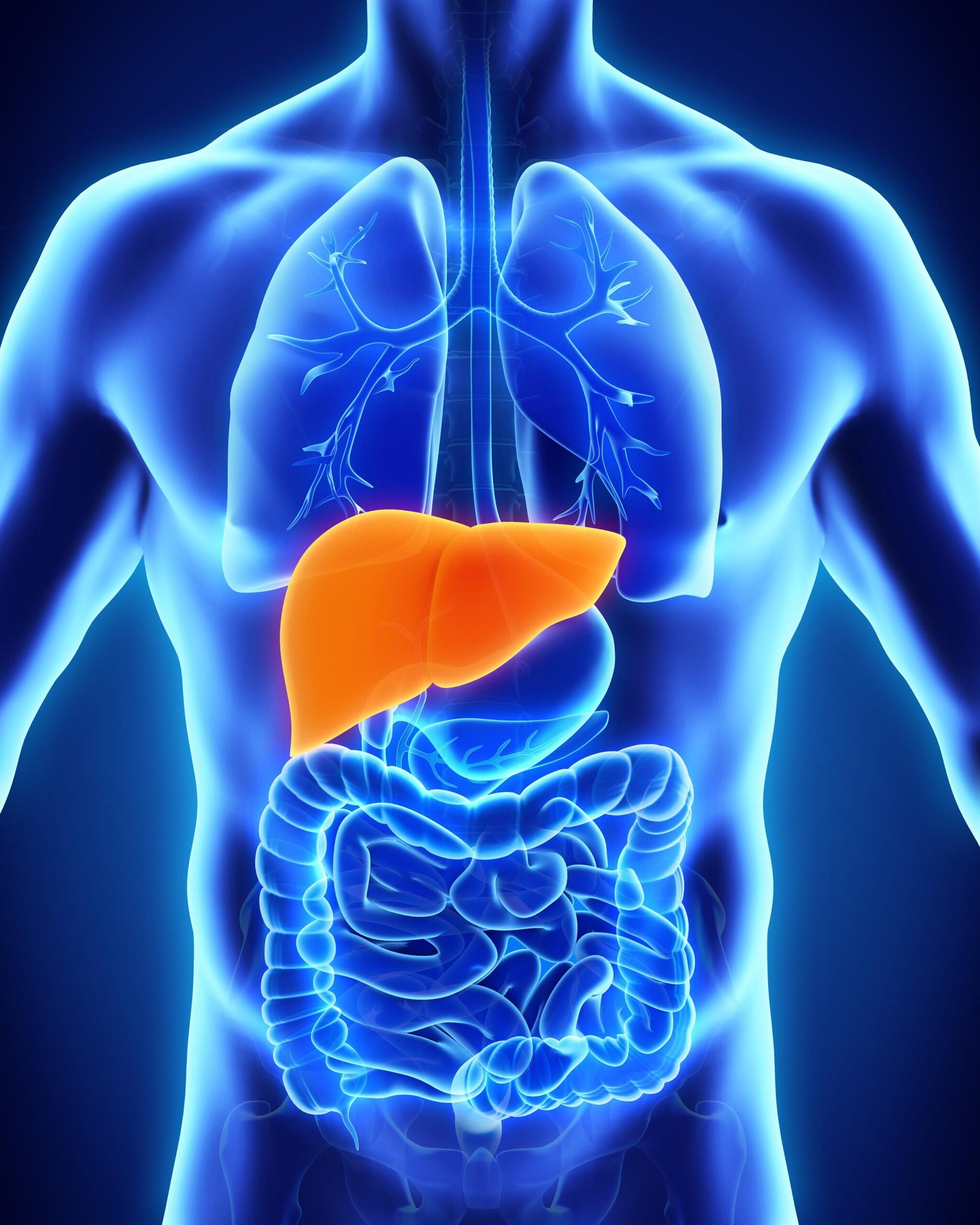
Consultation Process at Gastroworld Clinic
Gastrologic consultations play a pivotal role in diagnosing and managing a spectrum of gastrointestinal disorders, ranging from common ailments like acid reflux and irritable bowel syndrome to more complex conditions such as inflammatory bowel disease and gastrointestinal cancers. These consultations typically involve a comprehensive evaluation of the patient's medical history, symptoms, and diagnostic tests like endoscopies, imaging studies, and laboratory investigations. Gastroenterologists utilize their expertise to formulate personalized treatment plans, which may include lifestyle modifications, medications, or surgical interventions, aimed at alleviating symptoms, promoting healing, and improving the patient's quality of life. Moreover, these consultations often emphasize patient education, empowering individuals with knowledge about their condition and fostering a collaborative approach to healthcare decision-making.
Our Services

Gastroenterology Diseases
Understanding the various gastroenterology diseases is essential for effective diagnosis, treatment, and management of patients' health. Here, we delve into the diverse spectrum of these conditions, highlighting their key characteristics and implications for individuals' well-being.
- Common Conditions: Some common gastroenterology diseases include gastroesophageal reflux disease (GERD), peptic ulcer disease, irritable bowel syndrome (IBS), Crohn’s disease, ulcerative colitis, gallstones, pancreatitis, liver cirrhosis, and hepatitis.
- Symptoms: Symptoms vary widely depending on the specific condition but may include abdominal pain, bloating, diarrhea, constipation, nausea, vomiting, difficulty swallowing, heartburn, jaundice (yellowing of the skin and eyes), and changes in bowel habits.
- Causes: Gastroenterology diseases can have various causes, including infections, inflammation, autoimmune disorders, genetic factors, lifestyle factors (such as diet and stress), medications, and certain medical conditions.
- Diagnosis: Diagnosis often involves a combination of medical history review, physical examination, imaging tests (such as endoscopy, colonoscopy, ultrasound, CT scan, or MRI), blood tests, and sometimes biopsy.

Liver-Related Diseases: Understanding The Risk Factors And Symptoms
Liver-related diseases can result from excessive alcohol consumption, viral infections, genetic disorders, autoimmune conditions, environmental toxins, and certain medications.
- Medication: Medications can treat liver-related diseases by reducing inflammation, improving liver function, or managing complications.
- Lifestyle Modifications: Dietary changes, exercise, and smoking cessation can help reduce liver damage and improve overall health.
- Surgery: In some cases, surgery may be necessary to remove or repair damaged liver tissue or to treat complications such as bile duct obstruction.
- Liver Transplantation: For patients with end-stage liver disease, a liver transplant may be the only life-saving option.
- Percutaneous Liver Interventions: Minimally invasive procedures, such as radiofrequency ablation or transjugular intrahepatic portosystemic shunt (TIPS), can treat certain liver-related diseases.
- Immunosuppressive Therapy: For autoimmune liver diseases, immunosuppressive medications can help suppress the immune system and prevent further liver damage.

Liver Transplant Counselling And Pretransplant Treatment
Liver transplant counselling provides essential information and support to patients considering or undergoing a liver transplant.
- In-depth Education: Patients receive detailed information about liver transplantation, including its risks, benefits, and expectations.
- Physical and Mental Evaluation: Comprehensive assessments evaluate patients’ overall health, lifestyle, and psychological well-being to determine their suitability for surgery.
- Lifestyle Modification: Patients may be advised to make lifestyle changes, such as quitting smoking, losing weight, or addressing underlying medical conditions.
- Medication Management: Pretransplant medications may be prescribed to manage underlying liver disease, prevent complications, or prepare the body for surgery.
- Nutritional Support: Patients receive nutritional counseling and may require special diets or supplements to optimize their liver function and overall health.
- Emotional Support: Patients and their families are provided with emotional support and resources to cope with the challenges and uncertainties of the transplant process.

Gallbladder And Pancreas-Related Diseases
Gallbladder and pancreas-related diseases can cause a range of symptoms, from abdominal pain to nausea and vomiting. Learn about the latest treatment options for these conditions, including medication, surgery, and lifestyle changes.
- Gallbladder disease can be treated with medication, surgery, or both.
- Pancreatitis can be treated with rest, fluids, and pain medication.
- Certain lifestyle changes, such as losing weight and eating a healthy diet, can help prevent gallbladder and pancreas-related diseases.
- Early diagnosis and treatment can improve the prognosis for gallbladder and pancreas-related diseases.
- If you experience symptoms of gallbladder or pancreas disease, it’s important to see a doctor right away.
- Regular check-ups and screenings can help detect gallbladder and pancreas-related diseases early on.

Gastrointestinal Cancers: Treatment Options And Considerations
Gastrointestinal cancers, including stomach, colon, and rectal cancers, are common and can be life-threatening. This guide provides an overview of the latest treatment options, including surgery, chemotherapy, radiation therapy, and targeted therapy, to help patients make informed decisions about their care.
- Surgery is a primary treatment option for many gastrointestinal cancers, removing the cancerous tissue.
- Chemotherapy involves using drugs to kill cancer cells throughout the body.
- Radiation therapy uses high-energy rays to shrink or destroy cancer cells.
- Targeted therapy uses drugs that specifically block the growth and spread of cancer cells.
- Immunotherapy boosts the body’s immune system to fight cancer.
- Palliative care focuses on managing symptoms and improving quality of life for patients with advanced cancer.
Useful Links
Book Appointment
©2024. Gastroworld Clinic. All Rights Reserved.
Designed By Coinage.in
Useful Links
Book Appointment
©2024. Gastroworld Clinic. All Rights Reserved.
Designed By Coinage.in
Useful Links
Book Appointment
©2024. Gastroworld Clinic. All Rights Reserved.
Designed By Coinage.in
